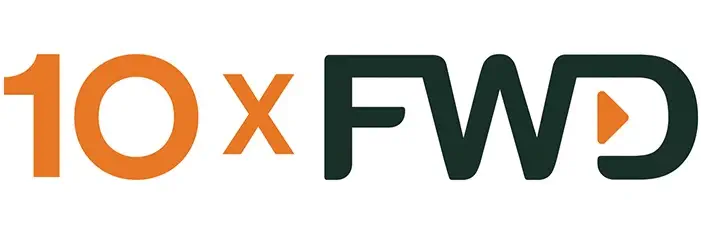
7 types of investment plans: What’s right for you?
Before you choose the right type of investment plan for you and your family, assess first what you need today and what you want for the future.
Investing is one of the best ways to make the most out of your money and quickly achieve your financial goals. The trick is to find the right type of investment plan for your financial goal.
For instance, a person whose financial goal is to build an educational fund for his child will invest in types with guaranteed but smaller returns that can accumulate overtime. Another person whose financial goal is to increase wealth may opt for more riskier types of investments.
There are multiple investment options available and each has its own unique features and risk factors. Read on to know what’s right for you.
1. Stocks
Stocks represent ownership or shares in a company. When you invest in a stock, you’re buying a share or portion of the company’s earnings and assets. This is a way for businesses to raise cash and your way to earn from their earnings.
Stocks, however, can be risky. Your returns and losses mostly depend on the company’s performance. If the company does well, the value of stocks increases and vice versa. Stock value can also be affected by political and market events. What you can do is to diversify your investments and buy stocks from different companies. It also helps if you keep your stocks for longer periods of time. Many stocks produce higher returns over time.
2. Bonds
A bond is an investment where you lend money to a company, government, and other types of organization. In return, the bond issuer pays you interest for the borrowed money, and, at the same time, repay you the original amount you paid for the bond (principal).
In general, bonds are a fixed-income investment. Interest is paid in regular installments, usually once or twice a year. The total principal, on the other hand, is paid during the bond’s maturity date. Bonds are preferred mostly than stocks but can still generate lower returns. Government bonds are safer than that of a corporate one. If you purchase an individual bond, make sure you sell it before it matures to get your investment’s worth.
Mutual Funds
If you can’t decide between investing on a stock or bond, then mutual funds might be for you.
Mutual funds diversify your investments by pooling your money with other people. Instead of making purchases on your own, you employ a fund manager to do all the investment for you. They will invest your money in stocks, bonds, and other assets.
Mutual funds allow you to get good returns and opportunities, as well as professional management. The risk, however, is dependent on the investments within a fund. For example, when the value of the investment increases, the higher the fund value, which can be sold for profit. Take note that even if you don't make positive returns, you will still have to pay your manager. More than that, mutual funds require an annual fee (expense ratio) before you can even invest.
4. Property
This includes housing, real estate, raw land, and other rental properties. This type of investment is appealing to many primarily because it’s tangible.
However, property investment comes with many risks. First, you might not get your investment’s worth. This occurs when property value goes down. It will be difficult to sell then, leaving your money hanging since you can't literally get a hold of it. Secondly, interest rates can increase so unless you have a fixed mortgage, you might find yourself stuck with endless payments. Lastly, property investment is subjected to property taxes even if there’s no return of profit.
5. Money Market Funds
Not to be confused with the normal savings account, money market funds allow the investor to leave a certain amount in a bank for a predetermined period of time. By the time it’s over, you get your principal back but for a slightly higher rate of interest. The allotted time period spans from at least three months to a year. Although you can write checks out of money market funds, the value of investment decreases as you do so.
6. Retirement Plans
People invest mainly to secure their future, and this includes time after retirement. Retirement plans usually provide tax benefits, as well as opportunities to increase savings over time. Our government’s Personal Equity and Retirement Account (PERA) is one example of a retirement saving plan. This is completely voluntary and can be availed thru banks.
7. VUL insurance plans
Of all the things people have to deal with every day, it’s the uncertainties of life that scares us the most. Investing in life insurance provides security for you and your family.
Life insurance comes in different forms with different features to cater to different needs. Some focus on covering healthcare expenses. Others can provide investment returns. Whatever kind of insurance you need, the important thing is to get one as soon as you can.
A good product to buy are is VUL insurance plans which combines both protection and investment. This allows you to get the best of both worlds. VUL plans allow you to invest your money in various funds so you can start earning money for your future financial goals.
FWD Set for Life takes it even further with its bundled plans. You can get life protection, investment, critical illness protection and accident protection.
There are multiple investment plans available today. Each has its levels of risk and reward. Before making any commitment, make sure that the type of investment you choose aligns with your current and future financial goals.






